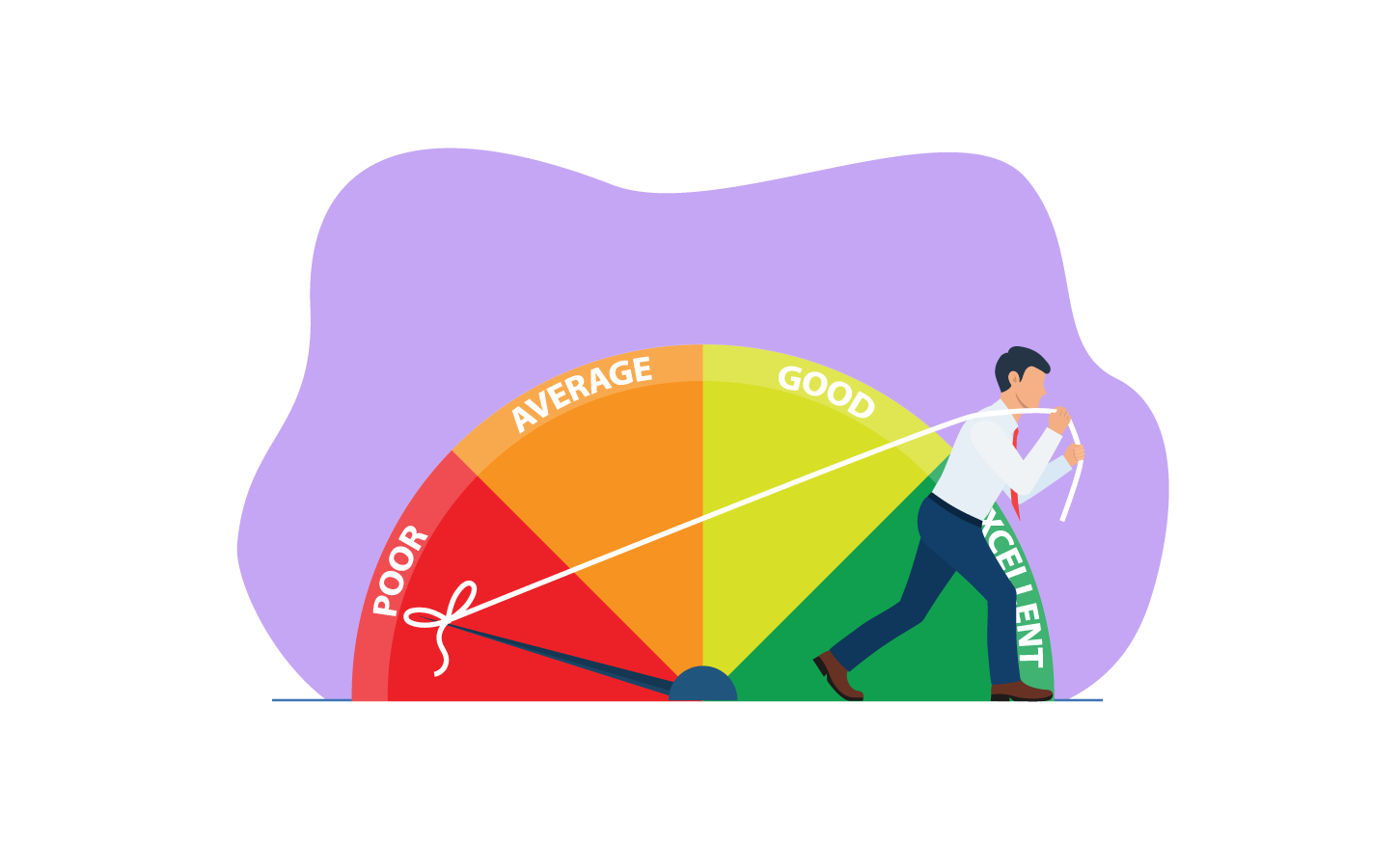Most businesses would require financing at some point in their life cycle, whether that’s to get capital to get the business started, to push through a rough patch or finance an expansion. There are many options out there to provide the cash even if securing the money doesn’t always come easy.
The variety of financing choices can be bewildering, with different costs involved and how it works. In fact, choosing the right financing isn’t always about getting the cheapest loan/credit, but it depends on your individual needs.
If you are thinking about borrowing money for your business, you should have a pretty good idea what it is for. While most businesses might go straight for a business loan, it’s not always the easiest way to get an approval. In fact, the old-fashioned overdraft was a way our parents’ generation had used, more often than not.
An overdraft is still considered a significant method of short-term financing for many businesses. It is a credit facility attached to a transaction account from the lending institution. Usually, we can only make a withdrawal when there is still money in the account. But for an overdraft, the business can continue to withdraw money or make purchases up to the set credit limit even if the account has no funds in it.
Overdrafts can be a form of unsecured credit, or they can be secured against commercial property such as your storefront or office. Typically, unsecured overdrafts have a higher interest rate due to the higher risk for the lender.
Interest is charged only on the portion of the overdraft that is used. In a way, it is similar to a credit card in that it is a revolving debt, meaning you do not have a set credit limit but you can keep using it as long as you make the minimum payment every month.
Overdrafts can be a good solution for short-term cashflow problems for small businesses. However, it is important to know when an overdraft is useful and when it can be disastrous.
Let us see when an overdraft is a good idea and when it is not:
1) Can be available within a short time
Overdrafts work great as short term loans. This is because as long as you have an account, you can use an overdraft without having to wait for a separate loan approval. Also, by utilising the overdraft facility, you can save quite some money in interest payments because the interest is only calculated on funds that are utilised.
So if you are in need of short-term funds, it may be wise to opt for an overdraft instead of a regular business loan. Due to the minimal paperwork and flexibility, overdrafts are useful when you need money fast.
2) Manage cash flows
Overdrafts come in handy for companies that have multiple cash flow cycles in a single month. In other words, if the company has many sale and purchase cycles in a month, your cashflows might not match. An overdraft facility can help to manage cash flow gaps in such situations.
3) Working capital requirements
Many small businesses fail because they are not able to manage their working capital needs. It doesn’t matter whether a company has a great 5-year plan but doesnot have the money to keep the business running today.
Some companies wrongly assume that taking an overdraft can solve their problems. Well, it may help for a day or two, but once the money is used up, your problem is back. Having a business draft is not substitute for good business sense.
Overdrafts work great as short-term financing but only if you are certain about making the repayments. Otherwise, the interest rates and the revolving debt nature of it can put you in a debt spiral. So the next time you are in a dilemma about whether to opt for an overdraft, keep the above tips in mind.
About the Author

Led by a team with invaluable expertise across Singapore’s licensed moneylending, banking, and finance industries, CompareSing provides users with a streamlined yet informative experience at every step of their loan journey.


















